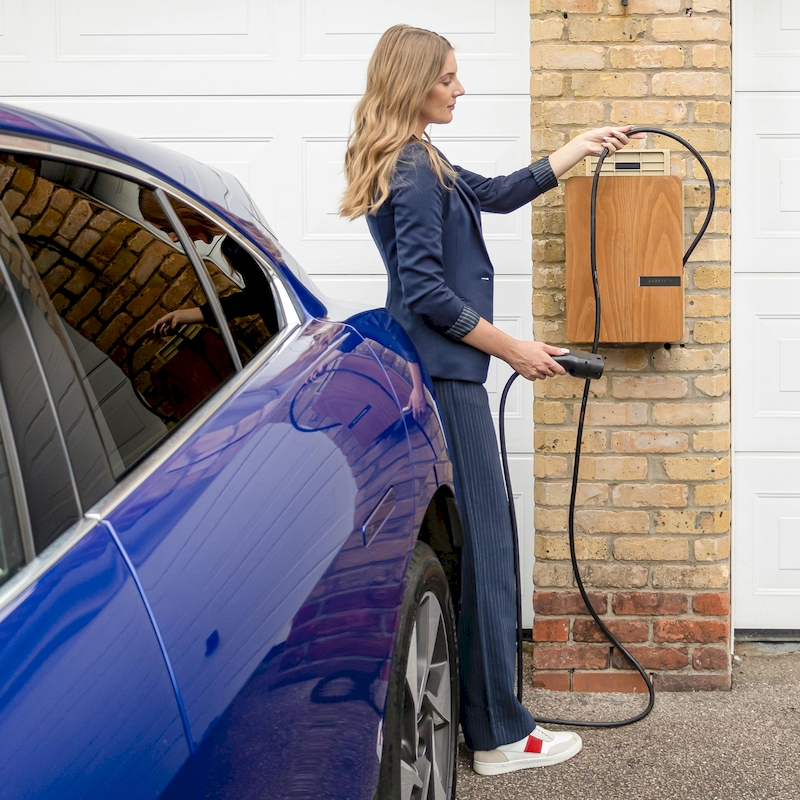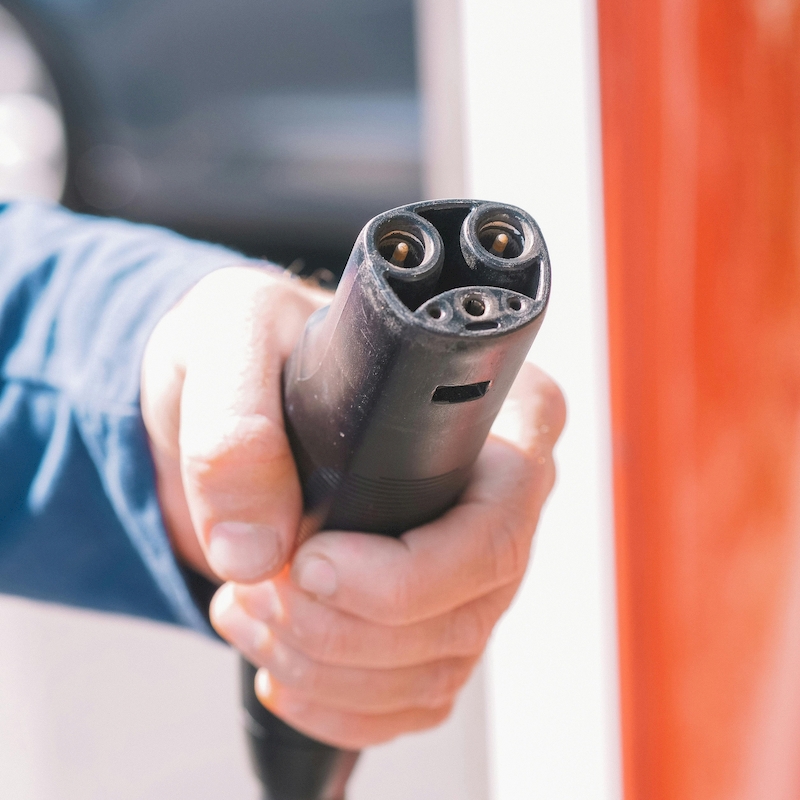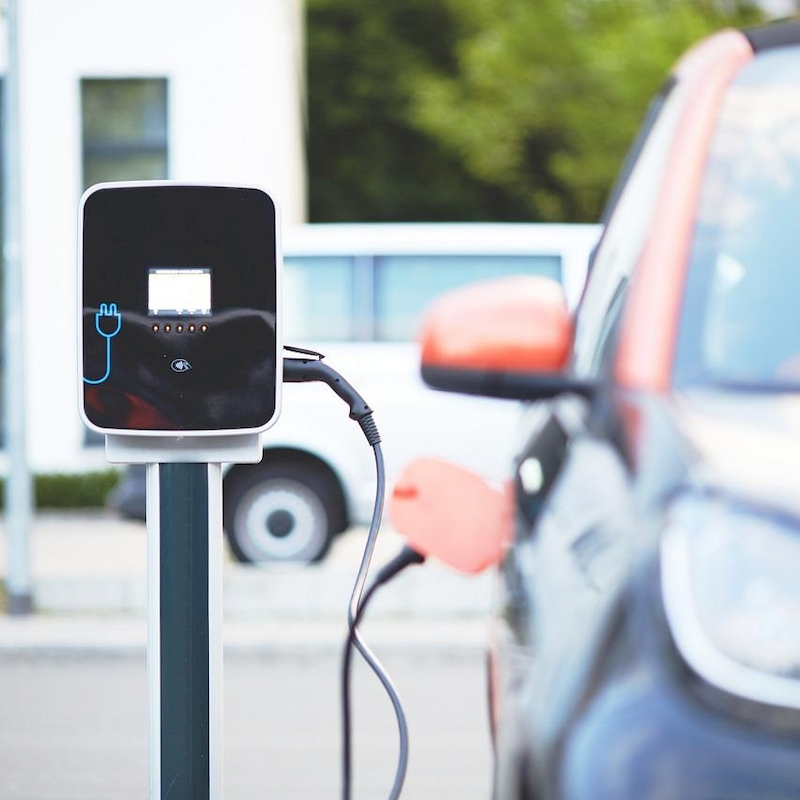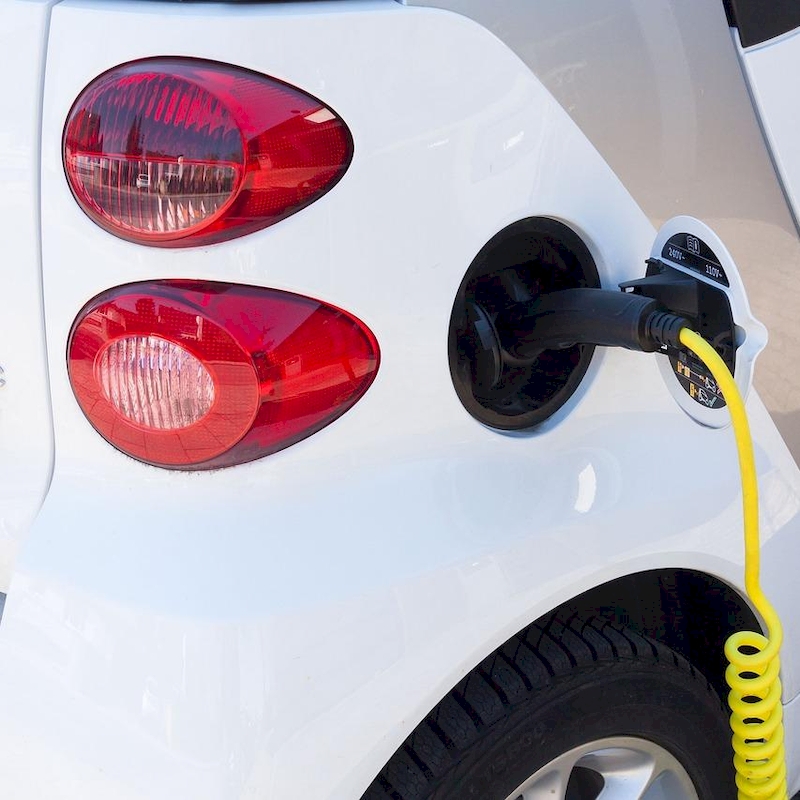Owning an electric vehicle (EV) comes with unique joys and responsibilities. While the convenience of zero emissions and reduced fuel costs makes them an attractive alternative to conventional vehicles, electric vehicle maintenance is key to ensuring their longevity and optimal performance. Unlike traditional cars, which require complicated engine care, EVs have far fewer moving parts and can be relatively low maintenance. However, they still need periodic checks and specific care to keep them running efficiently. In this article, we will explore various aspects of electric vehicle maintenance, offering valuable insights and tips that will help you maintain your EV effectively and enjoy a smooth driving experience for years to come.

Understanding the Basics of Electric Vehicle Maintenance
To embark on the journey of electric vehicle maintenance, it’s essential to grasp the fundamental workings of EVs. Electric vehicles utilize an electric motor instead of a gasoline engine, relying on an onboard battery for energy. When discussing maintenance, we typically think of oil changes, filter replacements, and engine check-ups; however, EV owners have slightly different priorities.
Electric vehicle maintenance primarily focuses on battery care, tire health, coolant levels, and software updates, among other components. The absence of a traditional engine means that many common maintenance tasks are eliminated, but vigilance towards the specific needs of an EV is crucial. This section delves into the pivotal areas of focus for every EV owner, helping readers form a solid foundation for comprehensive electric vehicle maintenance.
Battery Care and Management
One of the most critical components in electric vehicle maintenance is battery health. The battery is the heart of your EV, determining not only how far you can travel on a single charge but also the overall performance and lifespan of the vehicle. Proper battery care can significantly extend its life and efficiency.
Here are some fundamental practices to consider:
- Regular Charging Practices: Avoid letting your battery drop below 20% charge or keeping it above 80% for prolonged periods. Both extremes can strain the battery life.
- Use the Right Charger: Not all charging systems are created equal. Utilize chargers that are recommended by your vehicle manufacturer to optimize battery health.
- Temperature Management: Extreme temperatures can severely impact battery performance. If you’re in a climate with excess heat or cold, ensure your vehicle has a garage or shaded area for parking.
- Software Updates: Keeping your vehicle’s software up to date is essential as updates may include enhancements that improve battery management and efficiency.
By adopting these practices, you’re prioritizing battery care—one of the most significant aspects of electric vehicle maintenance.
Tire Health and Maintenance
Tire maintenance is an often-overlooked but crucial aspect of electric vehicle maintenance. Due to the weight of EV batteries, tires experience different levels of wear compared to traditional vehicles. Regularly checking and maintaining your tires can improve safety and performance.
Consider these essential tire maintenance tips:
- Tire Pressure Checks: An ideal tire pressure not only promotes safety but also optimizes battery performance. Low tire pressure can increase rolling resistance, resulting in decreased range.
- Tire Rotation and Alignment: Regular rotations and alignments are essential to ensure even tire wear. Check your manufacturer’s recommendations for specific intervals.
- Monitor Tread Depth: Adequate tread depth is crucial for traction and braking. Inspect your tires regularly and replace them as needed to maintain optimal performance.
By focusing on tire health, you can enhance your electric vehicle’s performance while ensuring a safer ride.
Brake System and Regenerative Braking
In electric vehicles, brake systems are less wear-prone due to the regenerative braking feature. This system allows the vehicle to convert kinetic energy back into stored energy, using it to recharge the battery. Despite this efficiency, regular maintenance is still necessary.
Key components to consider include:
- Brake Pads and Discs: While regenerative braking reduces wear on brake pads, they still need periodic inspections. If you notice squeaking or reduced responsiveness, have them checked by a professional.
- Brake Fluid Checks: Just like traditional vehicles, EVs require brake fluid for optimal performance. Ensure there are no leaks and that the fluid is at the appropriate level.
- Regenerative Braking Settings: Familiarize yourself with your car’s regenerative braking settings to enhance efficiency. Understanding these features can aid in conserving battery power.
Implementing these key maintenance strategies ensures not just the longevity of your braking system but also the overall efficiency of your electric vehicle.

Cooling System and Thermal Management
The cooling system plays a fundamental role in electric vehicle maintenance, particularly regarding the batteries and electric motor. An effective thermal management system helps maintain an optimal operating temperature for the battery, thereby prolonging its life.
Consider the following cooling system maintenance strategies:
- Regular System Checks: Periodically check the cooling system for leaks and ensure that coolant levels are sufficient. Most EVs have a closed cooling system that requires little interaction, but inspection is still necessary.
- Monitor Temperature Settings: If your EV has an interactive display, be aware of temperature readings. Any sudden spikes could indicate a cooling system issue that needs urgent attention.
- Use Manufacturer-Approved Coolants: If you need to replace the coolant, ensure you use the recommended type from your manufacturer to maintain system integrity.
By prioritizing the cooling system, you contribute significantly to your electric vehicle’s peak performance and longevity.
Software Updates and Electronic Systems
Another essential aspect of electric vehicle maintenance is keeping an eye on software updates. With the growth of smart technologies within EVs, the software controls various aspects, from battery management to driving features.
Here’s how to manage software effectively:
- Stay Informed: Always keep an eye on announcements from your manufacturer regarding software updates. Many EVs support over-the-air updates, simplifying the process and ensuring your vehicle remains at its best.
- Check Settings Regularly: Familiarize yourself with the settings in your car’s software. Adjusting certain parameters can improve performance, increase efficiency, and enhance the user experience.
- Diagnostic Tools: Some EVs come equipped with self-diagnostic tools that can alert you to issues before they become significant problems. Familiarize yourself with these features to get better insights into your vehicle’s health.
Regular software updates and maintenance of electronic systems ensure that your electric vehicle remains technologically advanced and functionally sound.
The Importance of Professional Maintenance
While many aspects of electric vehicle maintenance can be managed independently, there’s significant value in enlisting professional help. Certain situations require the expertise of technicians who specialize in electric vehicles.
Here’s why professional maintenance matters:
- Diagnostic Expertise: EV technicians are trained to diagnose and rectify problems efficiently. Their specialized training means they can often identify issues before they escalate into costly repairs.
- Access to Tools and Parts: Certain repairs necessitate specific tools or parts that may not be readily available to the average car owner. Professionals have access to manufacturer resources, ensuring repairs are conducted using high-quality components.
- Guidance on Extended Care: Experts can provide tailored advice on maintaining your specific model, ensuring you’re aware of particular quirks and needs that may arise over time.
Investing in professional maintenance not only enhances the longevity of your vehicle but also provides peace of mind in knowing your electric vehicle is in good hands.

Conclusion
In summary, electric vehicle maintenance is crucial for maximizing the performance and longevity of your EV. Understanding the unique aspects of monitoring battery health, tire maintenance, braking systems, cooling management, and software upkeep helps set you on a path toward a fruitful EV ownership experience. Regular inspections and proactive measures ensure your electric vehicle operates smoothly, allowing you the convenience of electric driving without the hassles of unforeseen issues. By prioritizing professional help when necessary, you can have both the pleasure of driving an electric vehicle and the confidence that it is maintained to the best possible standards.
Owning an electric vehicle is a commitment towards sustainability and innovation. As you nurture your EV through attentive electric vehicle maintenance, you’ll reap the rewards of efficient performance, environmental impact, and an enhanced driving experience.


